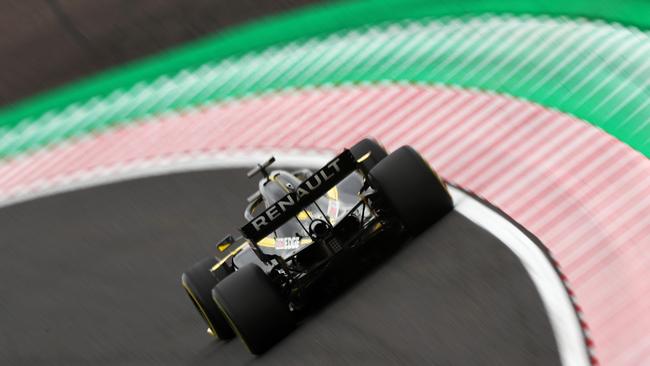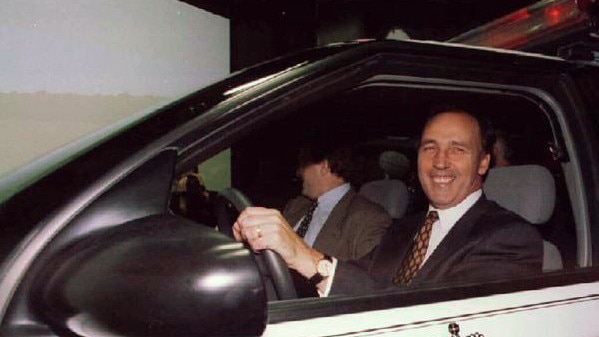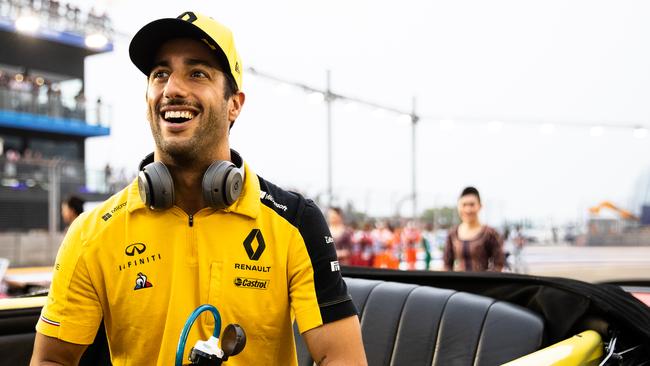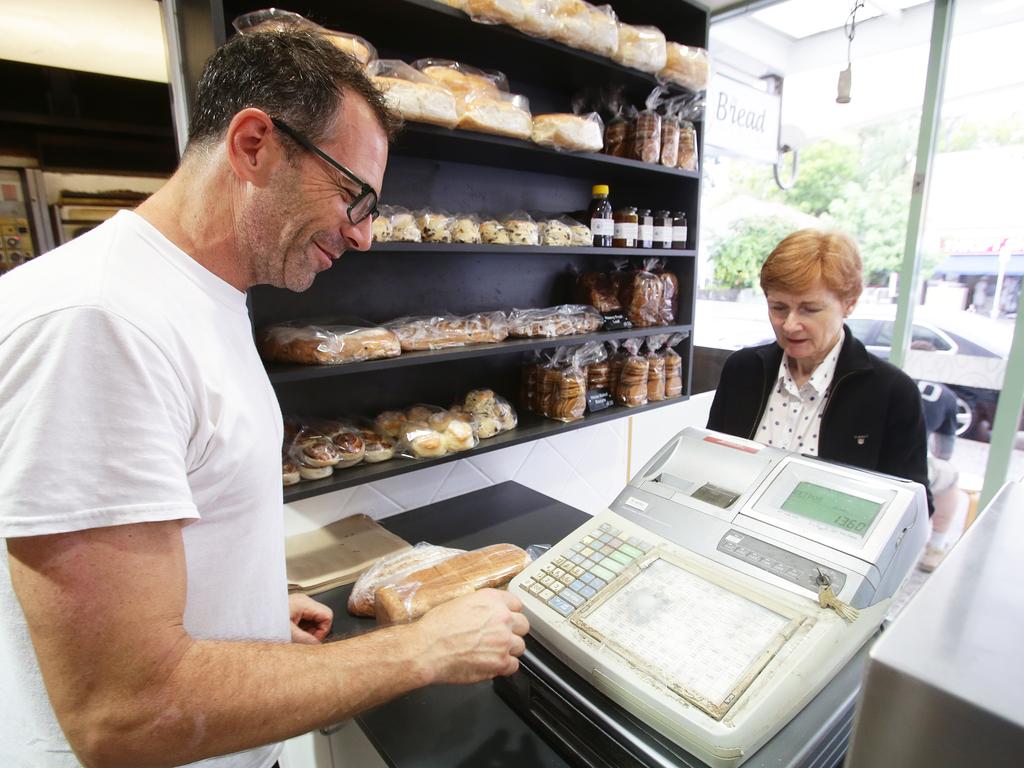Paul Keating says we’re stuck on idle, so here’s 4 ways to rev up the Australian economy


It’s Keating’s actual description that leads us to the answers. Keating himself did not grasp its implications and offered a solution to our economic dilemma that is as impotent as lower interest rates.
The former prime minister said: “The economy is …. like the car idling at the lights, waiting for the lights to turn green again to take off”.
If Paul had consulted Daniel Ricciardo, Australia’s F1 driver would have told the former treasurer that when a car is idling, and you need to get going quickly, then you first must put your foot hard on the accelerator to speed up the revs in the engine.
READ MORE: Paul Keating slams Liberal Party ‘surplus virus’ | Small business before extremes
Thankfully Keating, Reserve Governor Philip Lowe and the US Federal Reserve are coming to understand that lower interest rates are now akin to putting your foot on both the accelerator and the brake at the same time. The engine roars but you get nowhere.

Both Lowe and Keating suggest more infrastructure spending, but that solution will leave you idling on the lights for a long time. And already in Melbourne infrastructure spending is huge and the second Sydney airport will soon have Sydney in the same position. We need measures that will send our idling car speeding down the road.
If big enough, tax cuts will work. But once you have used that tank of fuel you will be stranded without if the world economy slips back. Money printing might also get the car moving, but it usually fizzles out because it weakens the economy.
Australia’s car has been idling for too long and needs something special to make it go fast.
Unfortunately, this special fuel is not in the conventional economic textbooks that dominant the knowledge of too many of the classically trained advisers to Lowe and Treasurer Josh Frydenberg.
As a result, the advisers do not know how to get the car off idle and up and moving.
In the real economy
But those who actually live and work in the real Australian economy (outside of Parliament House and Martin Place) know exactly how to get that car moving to create employment and capital investment. But getting past the Treasury-trained knowledge gatekeepers is hard work.
My readers, of course, already know the answers, but I am going to go through them again because it has taken a long while for the boffins to realise that at token levels interest rates help housing but have nasty side effects.
Suddenly, because the conventional economic books don’t help, there is an appetite for practical answers. So, let’s tag the practical answers the “Ricciardo solution” because they will certainly make Paul Keating’s idling car roar down the track.
Step one is to make the engine go faster by mandating 30-day payment of bills by large enterprises. From January 1, 2020 any enterprise that does not pay bills within 30 days of invoice (not invoice approval) should be banned from government contracts and that should include as many state governments as possible. The ALP is likely to support the government. Government enterprises must make sure they comply. Suddenly the petrol is streaming into the engine and we are ready to go through the green lights.
But first we must release the brakes. And our idling car has four powerful brakes which together are powerful enough to offset the rush of high-octane cash rushing into the engine.

First we currently kerb small business employment and investment with millions of unfair contracts. The government tried to stop them, but large corporations decided to take on parliament and refused to comply. ACCC boss Rod Sims has set out how to give the current fair contracts legislation teeth. Pass that new legislation (again, the ALP will support it) and one brake is released.
Second brake: In the US there is actually a shortage of labour partly because the government ended the Internal Revenue Service (the equivalent of our Australian Taxation Office) from persecuting small enterprises for sport. The IRS must now concentrate in fairly collecting taxes. Australia’s ATO needs to follow the US and stop indiscriminate attacks on small enterprises that gave been so graphically described by the judiciary, the small business ombudsman and inspector general of taxation.
The third brake is the mountain of regulations. Ben Morton has been given the task, but it is taking too long. Give him more staff and speed up the process so the brake can be released. One boost to Morton would be to end “Sukkarism”. The assistant treasurer Michael Sukkar has before the house legislation to impose an even more severe brake on business activity via revamping the GST liability for all companies. Part of the Sukkar bill attacks phoenix companies via ASIC, which is good. The GST revamp and “Sukkarism” will make sure the car stays on idle.
If we release these three brakes and also mandate 30 day payments banks and non-banks will be able to cash flow lend using the new Xero and MYOB software. The car takes off.
Finally, we need better investment allowances and we can fund that via tackling the technology giants’ determination not to pay Australian tax. I will leave that for another day.




As the both the US and Australian central banks signal that further interest rate reductions may no longer boost economic activity, suddenly former Treasurer Paul Keating’s description of the state of the local economy puts us on a new path to boost the nation.